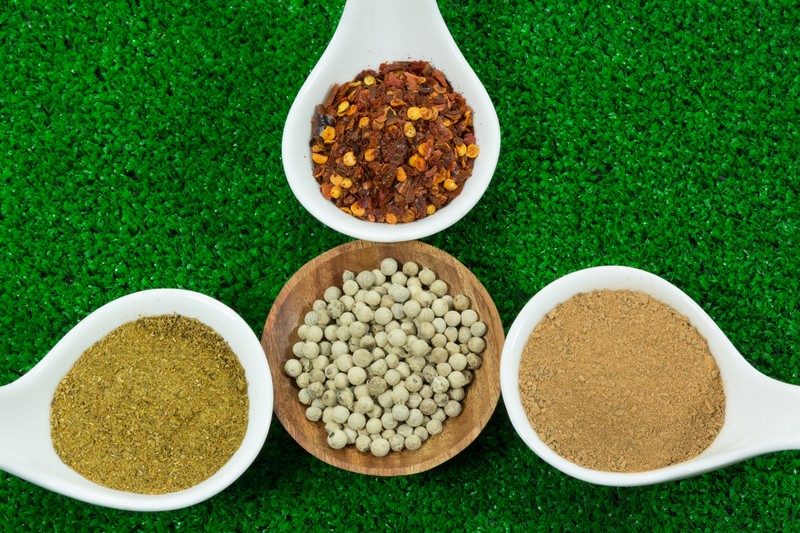Remember, buying in bulk in not only a great idea in case of emergency but you can also save money while prepping. Check out the following.
• Canned Goods
While you might assume canned foods are good indefinitely, most actually have a limited shelf life and should not be part of a long-term food storage program unless they are rotated as part of a regular diet. Older canned food won’t always make a person sick, but they can definitely lose quality and stress the digestive system.• Oils
Needed for cooking and calories, oils, particularly vegetable oils should be kept on hand to provide essential fatty acids.• Grains and Rice
Easy to store and easy to prepare, rice in particular can be a great way to bulk up meals. It is more palatable than other starches like freeze-dried potatoes, and much easier to prepare than wheats and breads.• Pan Breads
Such items as pancake and waffle mix or cornbread are much more practical than trying to cook bread loaves. In a survival situation, baked bread would be a luxury.• Seasonings
To make legumes palatable day after day, stock up on various seasonings, either in jar form or conveniently mixed packets available next to legumes in your local grocery store. Also stock up on and store salt, sugar, iodine for drinking water, basically anything you may need for cooking and food preservation.• Condiments
While the shelf life for most things like ketchup, mayonnaise, and salad dressings is somewhat limited (about a year), it’s worth keeping a fresh supply on hand and rotating as you would canned goods. Buy when cheap and store until needed.* Beverages
Coffee, tea, crystallized drink mixes and fortified drink powders can all be stored nearly indefinitely and provide a nice change of pace for someone in survival mode.
Some wonderful staples every home should have in their prepper's storeroom should a disaster strike! Be it rain, snow, wind or earthquake if you have the items above you will be food-wise and secure!
To see more of these important go-to items go on over to Mental Scoop. You will also learn about heat, moisture and their effects on your supplies.
